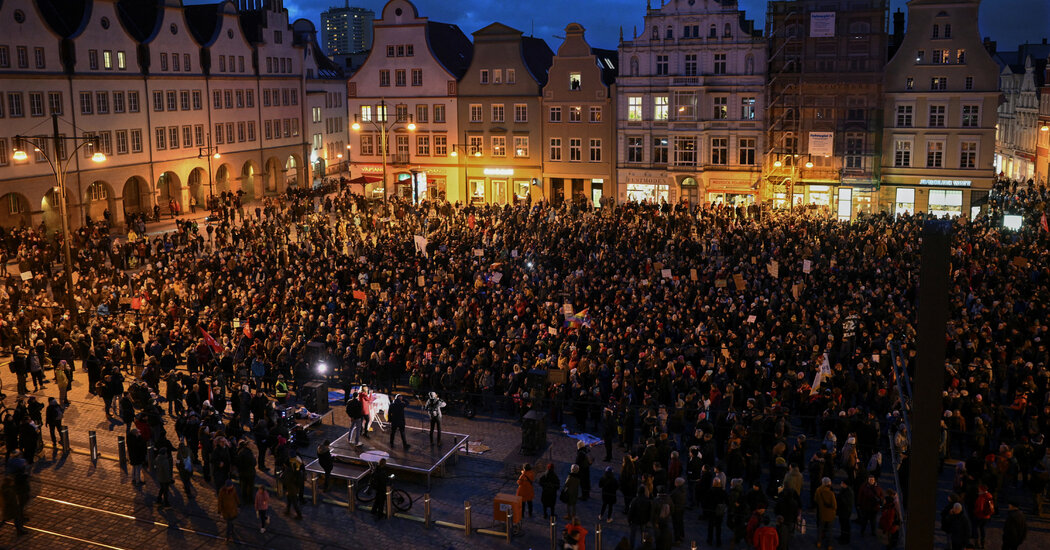As cases proliferate, opponents fear the Alternative for Germany party is becoming a tool of Russian influence operations to undermine support for Ukraine.
To enter a secret session of Germany’s Parliament, lawmakers must lock their phones and leave them outside. Inside, they are not even allowed to take notes. Yet to many politicians, these precautions against espionage now feel like something of a farce.
Because seated alongside them in those classified meetings are members of the Alternative for Germany, the far-right party known by its German abbreviation, AfD.
In the past few months alone, a leading AfD politician was accused of taking money from pro-Kremlin strategists. One of the party’s parliamentary aides was exposed as having links to a Russian intelligence operative. And some of its state lawmakers flew to Moscow to observe Russia’s stage-managed elections.



We care, the media doesn’t